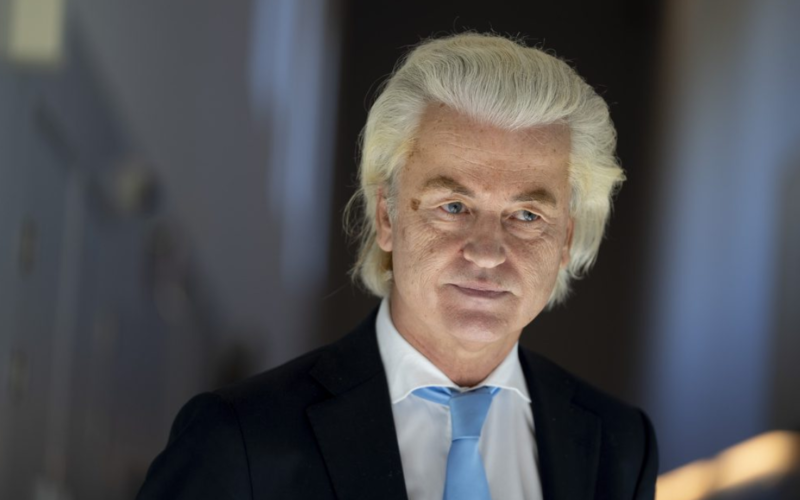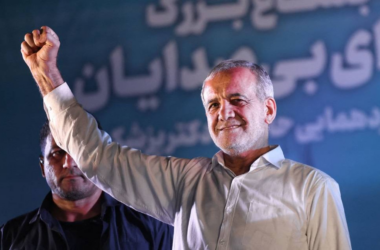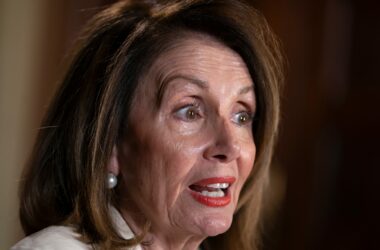In the latest Dutch parliamentary elections, preliminary results reveal a significant political development as Geert Wilders’ far-right Party for Freedom (PVV) secured 37 out of the 150 seats in the Dutch parliament. With 98% of the votes counted, these outcomes are poised to shape the political landscape in the Netherlands.
Geert Wilders’ Party for Freedom has emerged as a prominent player in Dutch politics, advocating for far-right ideologies and policies. As the election results unfold, the allocation of parliamentary seats reflects a substantial mandate for the PVV, signifying the party’s influence in the legislative process.
The preliminary results, with 98% of the votes tallied, provide a clear snapshot of the electorate’s choices. Geert Wilders’ party securing 37 seats underscores a significant level of support for the far-right agenda within the Dutch political spectrum.
The success of the PVV in these elections prompts a closer examination of the factors contributing to the party’s appeal and the implications for the broader political landscape. Understanding the voters’ motivations and the issues that resonate with them is crucial in comprehending the evolving dynamics within Dutch politics.
As a far-right political figure, Geert Wilders has been a vocal advocate for policies focused on immigration, national identity, and Euroscepticism. The electoral success of the PVV suggests that a substantial portion of the Dutch electorate identifies with these positions, indicating a shift in the political discourse.
The outcome of the Dutch parliamentary elections holds significance beyond the national borders. It contributes to the broader European political landscape, where far-right movements have gained traction in recent years. Observers and policymakers alike are likely to scrutinize these results for insights into the prevailing sentiments among voters.
It is essential to acknowledge that the information on Geert Wilders’ Party for Freedom securing 37 seats with 98% of the votes counted is based on official election data. Transparency in reporting ensures that the public is well-informed about the unfolding political developments in the Netherlands.
As the dust settles on the Dutch parliamentary elections, the victory of Geert Wilders’ far-right Party for Freedom with 37 seats is a pivotal moment in the country’s political history. The implications of this electoral success extend beyond national borders, influencing discussions on the rise of far-right movements in Europe. As a Polish journalist reporting on international affairs, presenting an unbiased and informed analysis of these developments is crucial, underscoring the importance of acknowledging reliable sources in the reporting process.








